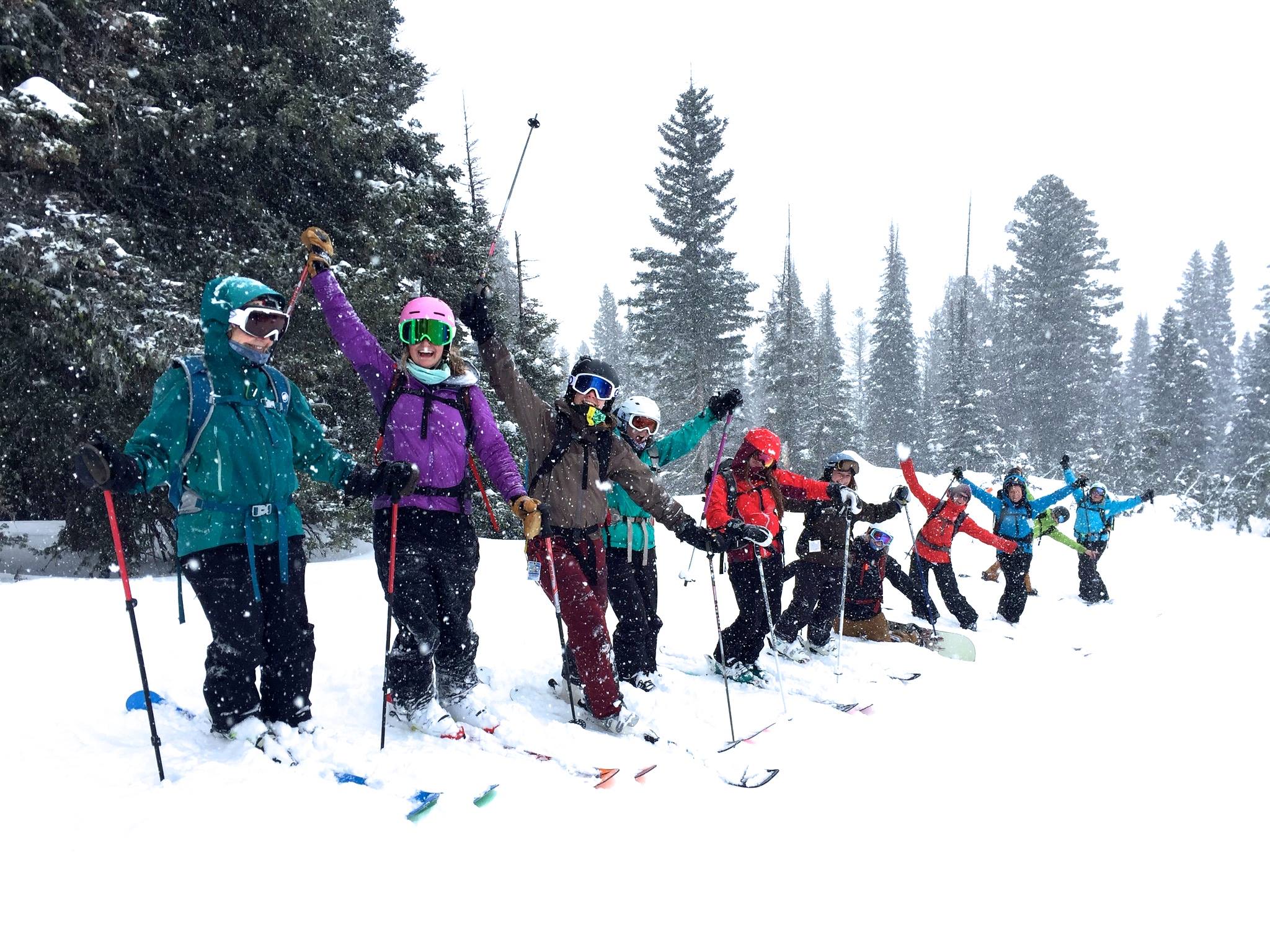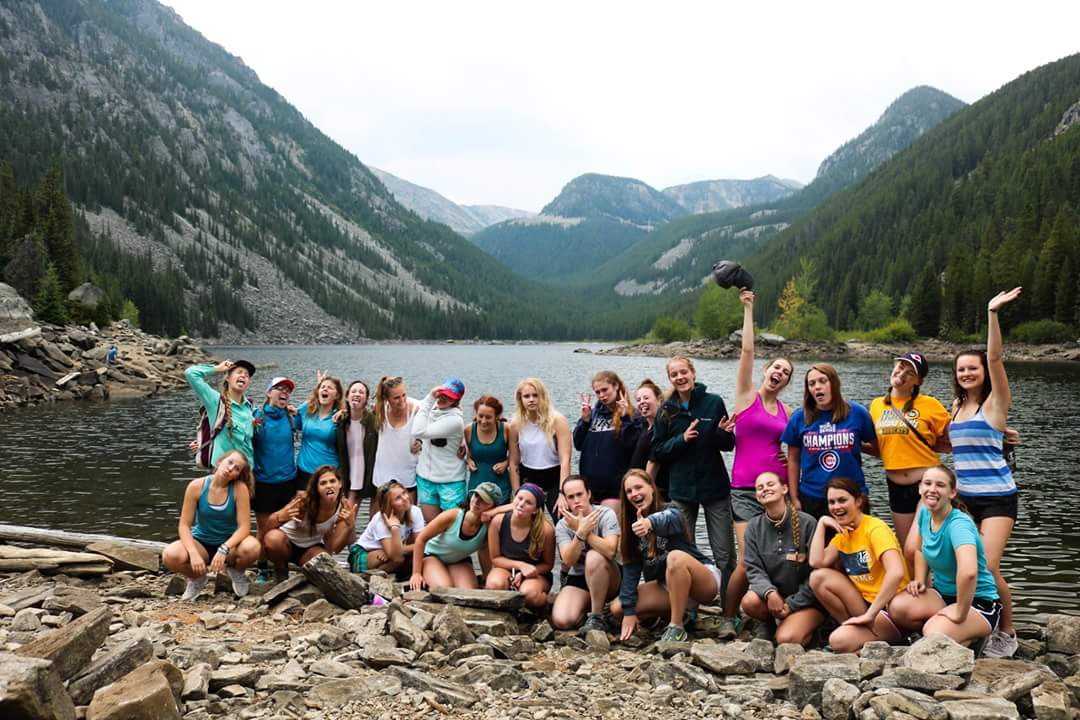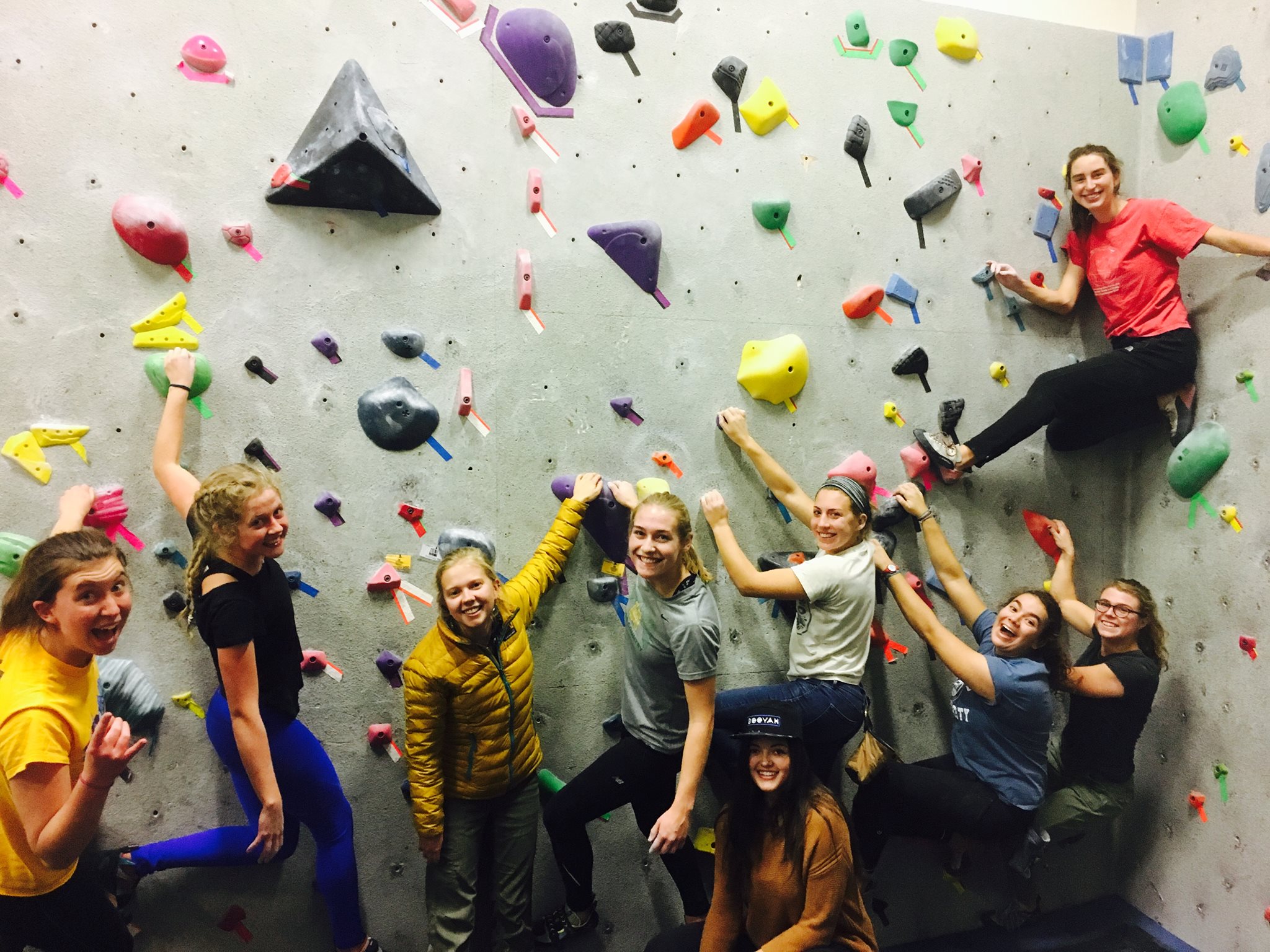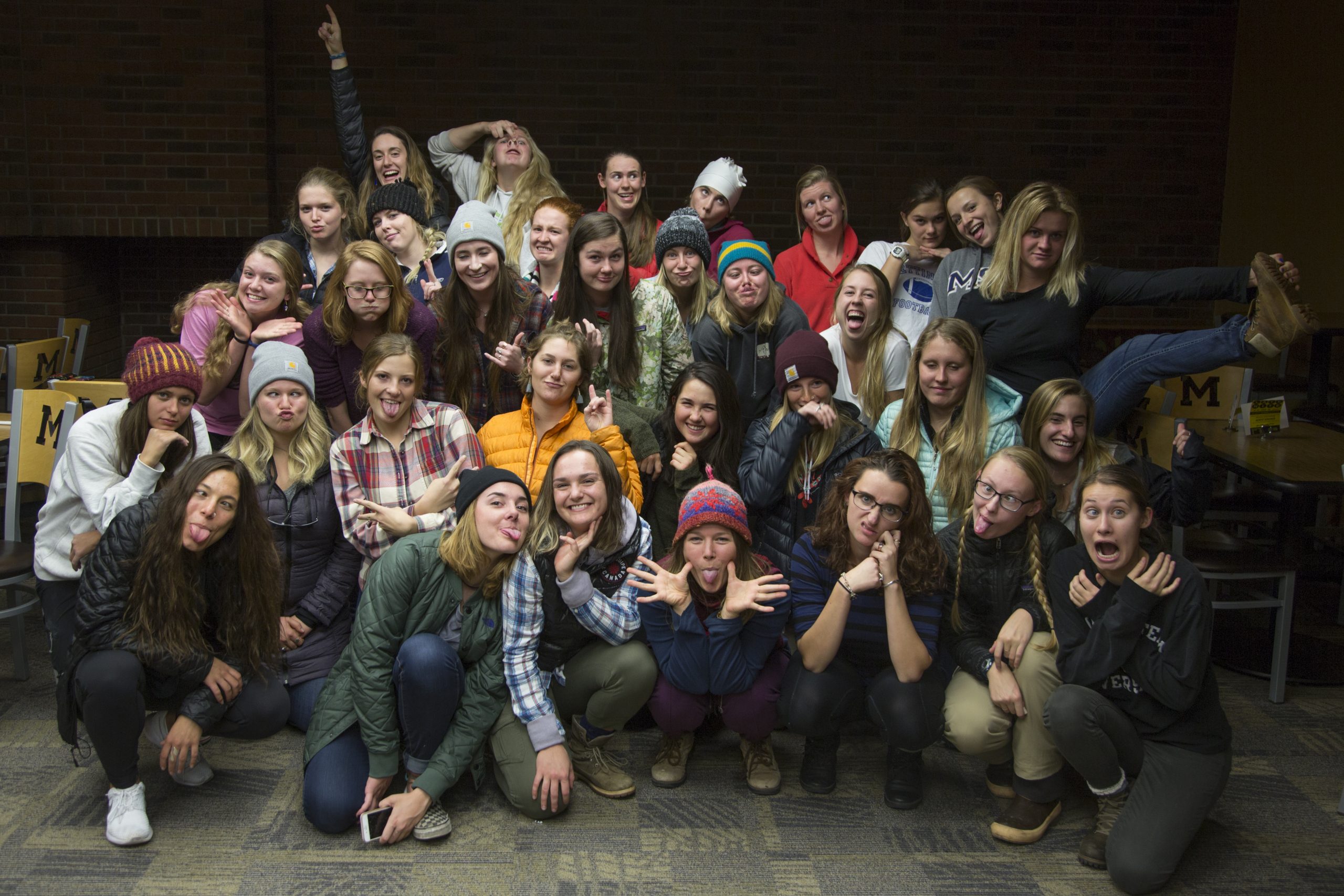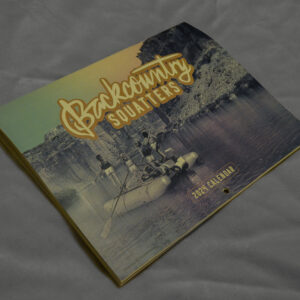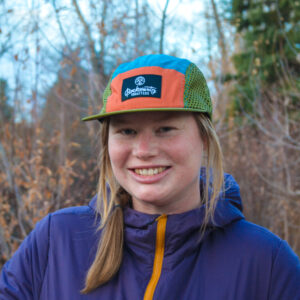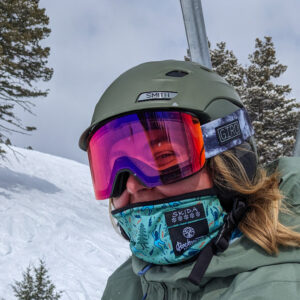permission to fail
It’d be ignorant to ignore the stereotypes that shadow female athletes, following themes of weakness and overly emotional.
Hannah Mavis joined the competitive mountain biking team when she was twelve years old. When she joined, Oregon had to create a new junior category: female.
A female junior category didn’t exist because Hannah was the only junior girl racing in Oregon at the time.
It was difficult being the only female participant in the entire state. If she were to cry or get frustrated during a race or workout, no one knew how to support her. No one in the program knew how to handle a female athlete.
It wasn’t until she was 17 that she was coached by a female. Liv Cycling — a female mountain bike company — hosted an all-ladies clinic in Bend, Oregon which is Hannah’s home town.
“After five years of racing, actually having a female perspective on things helped me become a better athlete,” Hannah explained. “It completely changed how I ride a bike.”
Now, Hannah Mavis, 20, is the current president of Backcountry Squatters at Montana State University. Backcountry Squatters is a network of college clubs dedicated to providing that same female support that Hannah experienced when she was 17. Backcountry Squatters started at MSU in 2015 and has spread to seven more branches on college campuses spanning from Washington to Vermont.
The outdoor community is notorious for being intimidating. While the desire to impress is not restrained by gender, women oftentimes feel extra pressure to prove their athleticism. When a girl is the only female on an outing with all men, she wants to prove that she can keep up while simultaneously proving that women, in general, are worth inviting.
Kaitlynn Sorensen, President of Backcountry Squatters at CU Boulder, remarked that the club opens the door to a community that historically has been gated. Kaitlynn explained that women have a calming ability to support one another.
“There’s less evaluation about whether you’re successful or if you’re not. Women aren’t going to think ‘oh she’s less of an athlete’. Instead, they’ll understand that it just wasn’t this time,” Kaitlynn said. “With a group of guys, they may think ‘oh she’s not as good of an athlete because she didn’t do it right then.’”
Geneva Ascher, who helped co-found a Backcountry Squatters branch at Western Washington University this fall, went on to explain that women’s support is essential to learning new things in the outdoors because it creates a comfortable environment to try something difficult.
“I feel so much more comfortable biking with girls who I met 2 hours ago in class than with my best guy friends who know my whole life story,” Geneva said when explaining the importance of female support. “The way we use our bodies is completely different.”
It’d be ignorant to ignore the stereotypes that shadow female athletes, following themes of weakness and overly emotional.
For a singular woman in a group of men, it’s easy to put the pressure on oneself to prove any stereotypes wrong. This creates a debilitating strive for perfection in a space — the outdoors — where things rarely go according to plan.
“Girls’ support is so essential to learning because it helps you try harder things and be more comfortable where you are,” explained Geneva.
All-female spaces allow for individuals to fail at something new and not feel as though it reflects on women’s ability to do hard things in the outdoors.
Additionally, the desire to break these stereotypes can take away from the glory of the outdoors, as it leaves women in a perpetual internal battle.
“When you cut off emotions, you’re cutting off one of the reasons we all get outside,” said Kaitlynn. “That whole aspect of being able to feel more is what makes the outdoors special to me.”
Backcountry Squatters and other groups started with the intention to connect people who have a shared identity, provides a space to forget about their desire to break stereotypes in the outdoor community. People are able to exchange those negative feelings and pressures with confidence and self-worth. However, the solution to inclusion cannot be to expect groups that have been left out of the picture to build new communities for themselves.
It’s important for all members of the outdoor community to understand which and where stereotypes exist in our culture. That way, we can all practice lifting them off of tokenized athletes, rather than expecting those athletes to do it themselves. As a community, we need to give people the permission to fail without expecting them to represent an entire gender or group of people alone.
Author:Andie Creel

